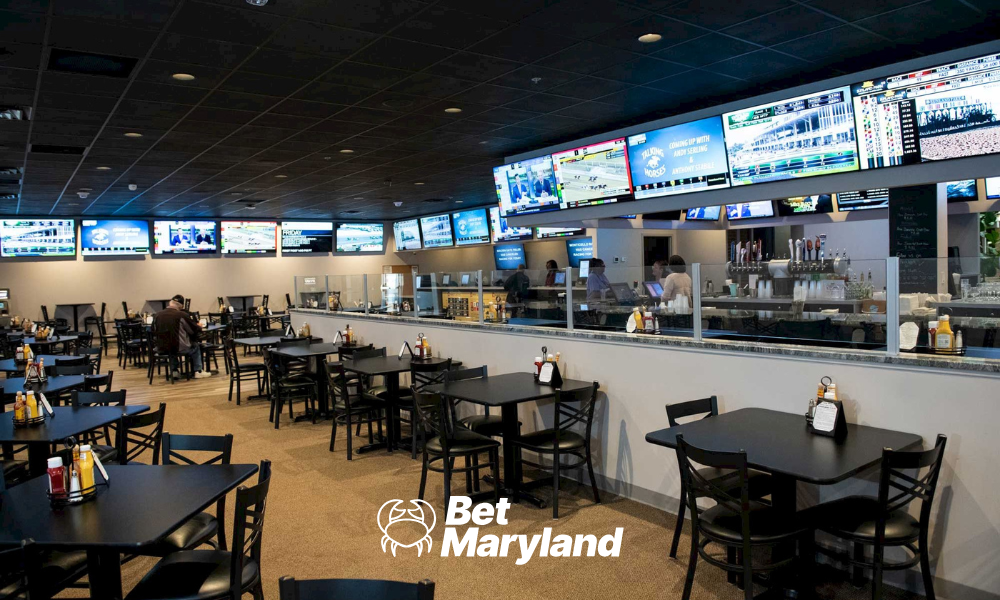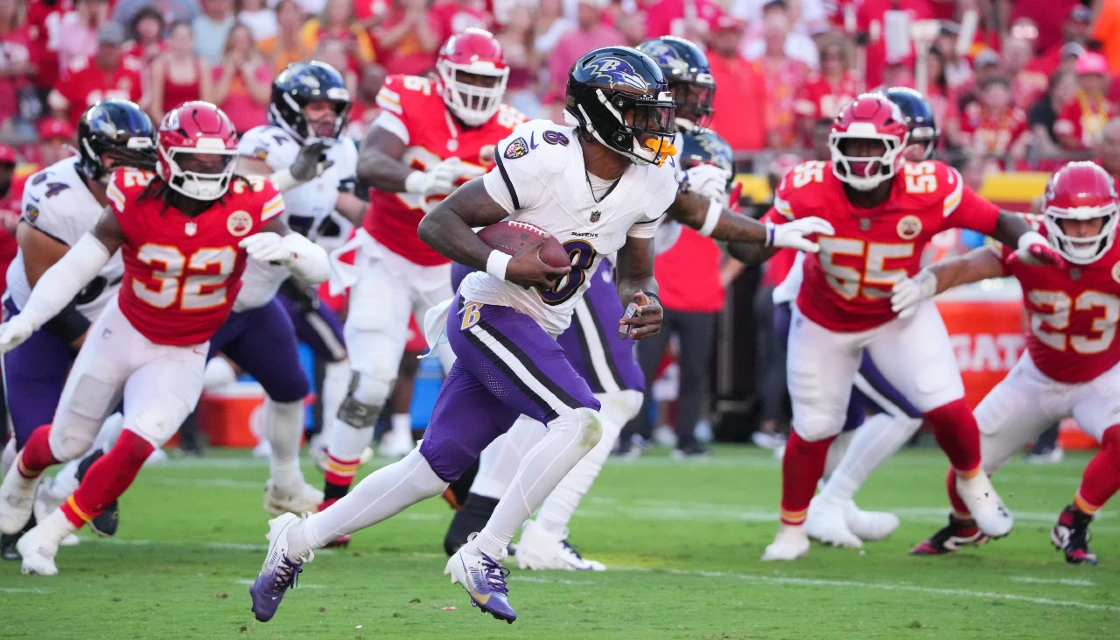BetMGM just set a record for Maryland sportsbooks that it probably rather would not have.
The operator, which launched in the state with six other Maryland mobile sportsbooks on Nov. 23, already has been hit with the largest fine ever handed out by the Maryland Lottery & Gaming Control Commission for a violation.
Today, the commission at its meeting fined BetMGM $146,000 after the betting website inadvertently took 146 wagers over three hours on Nov. 16, a week before the company was issued a license by the state.
All of the Nov. 16 bets were quickly frozen, and the money essentially returned to customers.
Still, the violation was viewed dimly by Maryland regulators.
One Lottery & Gaming commissioner, Harold Hodges, called the $146,000 penalty a “slap on the wrist” and suggested that perhaps the BetMGM Maryland license should be “withdrawn” pending further consideration about avoiding such a problem in the future.
As it turned out, the commission voted to settle on the $146,000 fine — $1,000 for each violating wager. The previous high-water mark on a fine handed out by the commission was $5,000.
Maryland sports betting apps launch on Nov. 23.
BetMGM Explains How It Happened
BetMGM was represented at the commission meeting by Rhea Looney, chief compliance officer, and Roman Rubas, director of technical compliance.
Faced with the uncomfortable reality of BetMGM having violated Maryland regulations — and a fundamental one at that, accepting bets without a gambling license — the two explained what had occurred while giving assurances there would be no repeat problem.
“This has never occurred in any of MGM’s prior launches in any states, so this is an isolated occurrence for BetMGM,” Looney said. She said as soon as the problem was realized, BetMGM informed Maryland regulators and launched its own technical investigation.
Rubas gave details about the problem, which occurred during what could be characterized as beta testing being conducted in preparation for the company’s “controlled demonstration” for the Lottery & Gaming Control Agency, which was going to be conducted about a week later on Nov. 21. Passing the controlled demonstration was required before the actual full-blown launch of mobile sports betting on Nov. 23.
“Essentially what happened is that one of those links got redirected in production, so once a player was (know-your-customer) verified. . . instead of being brought back to the ‘splash page’ that said, ‘It’s showtime, you’ll be able to wager soon,’ it was redirected to the sportsbook,” Rubas said.
“So, since then, we’ve actually taken this as a lessons-learned. We’re working with our geolocation provider so new states that are coming onboard, we’re going to make sure those states are in the exclusion zone — they won’t allow any wagers to get through,” Rubas added. “Our internal processes are in place so that this doesn’t happen again as well as using our geolocation provider to make sure no wagers get through as an additional precaution.”
Framing what happened on Nov. 16 succinctly, commission chairman Randy Mariner said: “It was human error, not technical malfunction.”
Rubas responded: “It was ‘configuration,’ so someone went into the configuration and that’s what caused the sportsbook to be exposed.”
Rubas noted BetMGM’s sports wagering platform is operating successfully in 19 jurisdictions.
Disclosure of the operator violation and the resulting six-figure fine turned what started out as a routine commission meeting reviewing casino monthly results and lottery news into a bit of a drama.
“You didn’t have a license, that to me, is the sacrosanct issue here,” Hodges said.
And he added: “It’s not a good look, it’s not a good look for anyone.”
Stay tuned to BetMaryland.com for breaking news and coverage of sports betting issue. The site also is a good source for Maryland betting promos.







